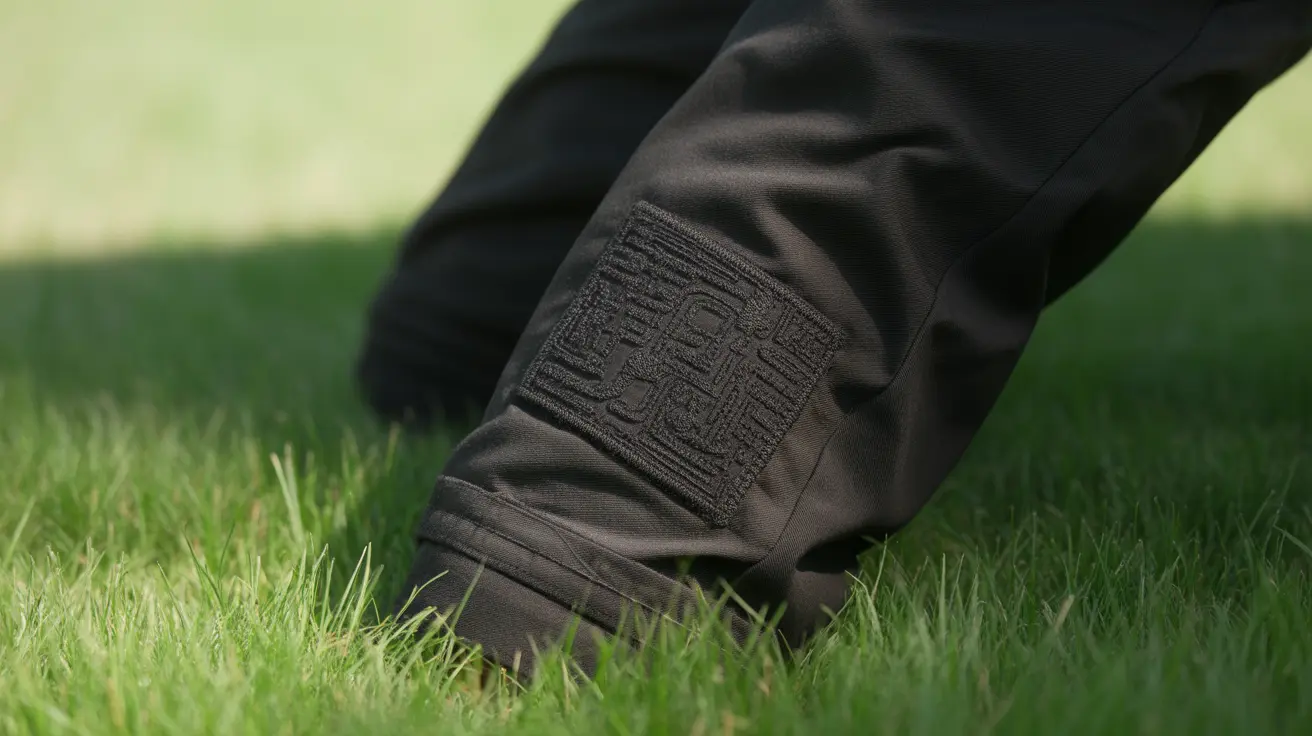Is Jif Peanut Butter Safe for Dogs?
Peanut butter is a beloved treat among dogs and dog owners alike. But as with all human foods, it’s important to evaluate whether it’s safe and beneficial for your furry friend. One of the most popular peanut butter brands on the market, Jif, often raises the question among pet owners: Is Jif peanut butter safe for dogs to eat?
Why Dogs Love Peanut Butter
Dogs are naturally drawn to peanut butter for a variety of sensory and nutritional reasons. Here’s why:
- Taste and Aroma: The fat and protein content in peanut butter appeals to dogs’ instincts. Roasted peanuts release aromas similar to cooked meat that dogs find irresistible.
- Sugar and Salt: While not essential for dogs, the presence of sugar and salt in many peanut butter brands can enhance palatability.
- Owner Behavior: Dogs often mirror the eating habits of their owners. Seeing their human delight in peanut butter may heighten their curiosity and desire.
Nutritional Benefits of Peanut Butter for Dogs
In moderation, peanut butter can offer several health benefits to dogs:
- Protein: Essential for muscle repair and immune function.
- Healthy Fats: Supports skin, coat, and overall energy.
- Fiber: Aids in healthy digestion.
- Vitamins: Provides vitamin E (for skin and coat), niacin, biotin, and folic acid.
- Minerals: Contains magnesium, manganese, and phosphorus for bone strength and enzyme functions.
The Safety of Jif Peanut Butter
Jif peanut butter does not contain xylitol, a sugar substitute that is extremely toxic to dogs. Therefore, standard Jif varieties are generally safe for dogs when given in small quantities. However, it’s vital to:
- Check the ingredient list: Ensure there is no xylitol or harmful additives.
- Avoid sugar-free versions: These may incorporate artificial sweeteners like xylitol.
- Limit quantities: Peanut butter is calorie-dense and high in fat, which can contribute to obesity and pancreatitis if overused.
Recommended Serving Size
A general guideline is that peanut butter should not exceed 10% of your dog’s daily caloric intake. This translates to:
- Large dogs: Up to 1 teaspoon per day
- Small dogs: A small lick or less than half a teaspoon
Health Risks of Overfeeding
Even though Jif is safe, offering too much can lead to negative consequences:
- Weight Gain: High-calorie content can cause obesity.
- Pancreatitis: Too much fat can trigger inflammation of the pancreas.
- Behavioral Dependence: Dogs may become too accustomed to high-sugar or fatty treats.
Better Alternatives to Jif
While Jif is safe, vet-recommended alternatives may be healthier in the long run:
- Natural or Organic peanut butter: No added sugar, salt, or preservatives.
- Homemade peanut butter: Gives you control over ingredients.
Using Peanut Butter Creatively
Peanut butter can be more than just a treat; it can serve as a training aid or form of enrichment:
- Stuffed in toys: Keep dogs engaged and mentally stimulated.
- Pill concealer: An easy way to deliver medication to picky pets.
- Training reward: Use small dabs during obedience sessions.
Conclusion
Jif peanut butter is safe for most dogs in small amounts, provided it doesn't contain xylitol. Its rich taste and texture make it a favorite reward, but moderation is crucial. Reading labels and understanding your dog’s nutritional needs will help ensure that peanut butter remains a fun and healthful treat, not a dietary hazard.





